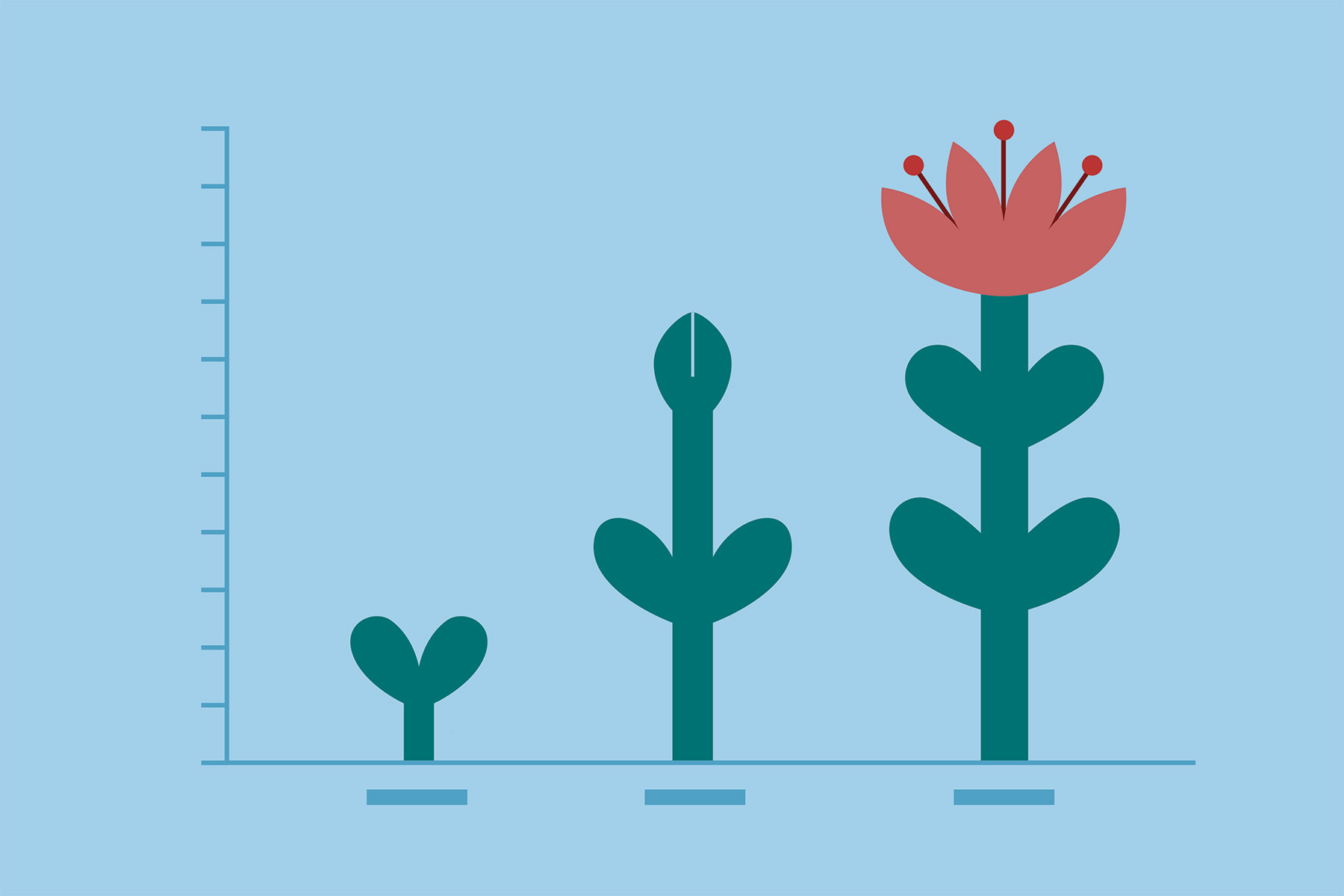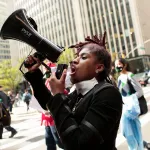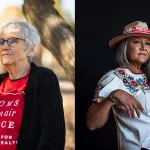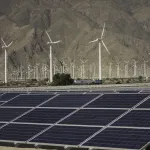Since 2002, the Red Willow Center in northern New Mexico has worked to reclaim the agricultural traditions of the Taos Pueblo tribe.
On a 1.5-acre farm, the center teaches Taos Pueblo youth how to grow crops like blue corn and squash using traditional growing techniques. The center also runs a CSA program and a farmers market in an effort to distribute produce locally, and provides 70 bags of produce for free to families in the community.
“It’s a little beyond farming,” said Tiana Suazo, executive director of the nonprofit and a member of the Taos and Jemez Pueblos. “[We are] educating and empowering youth in our community to learn about traditional and modern agriculture, because our people have been farmers for time immemorial. And so we really teach how to take care of the land.”
Up until this year, the nonprofit was surviving off of small grants or applying for project-specific grants that require a set of deliverables. But what they really needed was funding for general operating support.
“They wanted to see their money was working, or they had a specific project in mind,” Suazo said of earlier funders. “I like general operating [funds] because how can people who don’t live in my community, who may not even know about my community, know what my community needs?”
Then along came the Fund for Frontline Power, a new fund for grassroots climate work that formed in 2021. In their inaugural round of grant giving, the fund was able to provide over $5 million to 48 organizations, prioritizing those that had operating budgets of $500,000 or less and fewer than 10 employees.
Suazo applied, and the Red Willow Center was awarded $100,000 in general operating funds — the biggest grant they’ve ever received. It will allow Suazo to ensure she can pay her employees decent wages.
The Fund for Frontline Power is part of a growing movement in the climate philanthropy space to direct funding from philanthropists like Jeff Bezos to environmental justice organizations and center their needs in the grant-making process. As more money is being poured into the climate funding space, jumping 25 percent in 2020, these organizations — which are often women-led — are trying to steer it to communities that will be most impacted by the climate crisis.
The fund’s governing board is made up of 13 environmental justice leaders — mostly women of color — who decide where funding goes.
“The only way that we could get to that conclusion of really supporting these groups that traditionally are kind of left out of philanthropy … is by structuring ourselves in a very particular way, where community organizers and community leaders are really making the decisions,” said Julia Ho, a member of the governing board and founder of the nonprofit Solidarity Economy St. Louis.
By focusing on environmental justice work, the fund organically ended up both being led by women of color and primarily funding women-run organizations.
“That’s just, again, a result of really focusing at the grassroots and focusing particularly on Black and Brown and Indigenous-led organizing, because that’s where that work at a local level and a grassroots level really is being led by women,” Ho said.
Gloria Walton, CEO of The Solutions Project — another organization that focuses on grant-giving to environmental justice organizations — co-created the Fund for Frontline Power with the Climate Justice Alliance and the People’s Climate Innovation Center, as well as seeded the Fund for Frontline Power with $1 million. Walton has been recognized nationally for her work with The Solutions Project, which was a recipient of a $43 million Bezos Earth Fund grant. Other Bezos grantees, including the Union of Concerned Scientists and the Natural Resources Defense Council, donated money to the Fund for Frontline Power as well.
She calls the type of grant giving the fund is doing “solidarity philanthropy,” because it illustrates a trust in grantees and the work they are already doing versus a more top-down approach of traditional philanthropies, where a funder comes in with an agenda of their own.
“I guess it boils down to power and who you’re sharing it with,” Walton said. “As an organizer, we know that power really is from the bottom up.”
Walton herself started out as an organizer, eventually going on to lead Strategic Concepts in Organizing and Policy Education (SCOPE), a Los Angeles-based grassroots organization for a decade. She saw first hand how grassroots organizations were addressing the impacts of climate change in a more interdisciplinary way than larger environmental organizations.
“Those are the groups that are innovating intersectional solutions, and they understand that our communities are dealing with compounding crises,” Walton said. “It’s about people’s experience, and their lived experience is intrinsically intersectional, right?”
Isabelle Leighton, executive director of the Donors of Color Network, a community of donors that formed in 2019, said that many foundations don’t have people from the community they are aiming to serve in decision-making power. She likes that this fund centers those people as experts.
“If you are not in a position where you’re willing to listen to the people in the community and to have your portfolios defined by what the needs are directly from the people in the community, then you’re always going to miss the mark,” she said.
A few years ago, the New School published a report showing that just 1.3 percent of funding from 12 national environmental grantmakers was going to environmental justice work, Leighton said. That statistic prompted the Donors of Color network to launch their own initiative, the Climate Justice Funders Pledge, aimed at securing pledges from the top climate funders in the country to direct 30 percent of their philanthropic giving to BIPOC-led organizations. In April they announced they had secured $120 million in pledges.
Leighton said it is great to see the conversation opening up with some funders over how to direct resources to communities of color, but says philanthropy dollars are far from keeping up with the scale of need and still have antiquated ideas over who should receive funding.
“They may, unfortunately, have a lot of biases and racist ideas about who would be considered an expert in understanding what the needs are when you’re talking about climate work,” she said.
But for the scale of work these grassroots organizations are doing, they need long-term sustained support. In the inaugural round, the fund received applications from 400 organizations totalling $60 million in requests, illustrating the significant need.
“These are huge problems that, you know, they’re dealing with centuries of going in the wrong direction,” Leighton said. “And so it needs to not be treated as if it’s just kind of a trend.”





